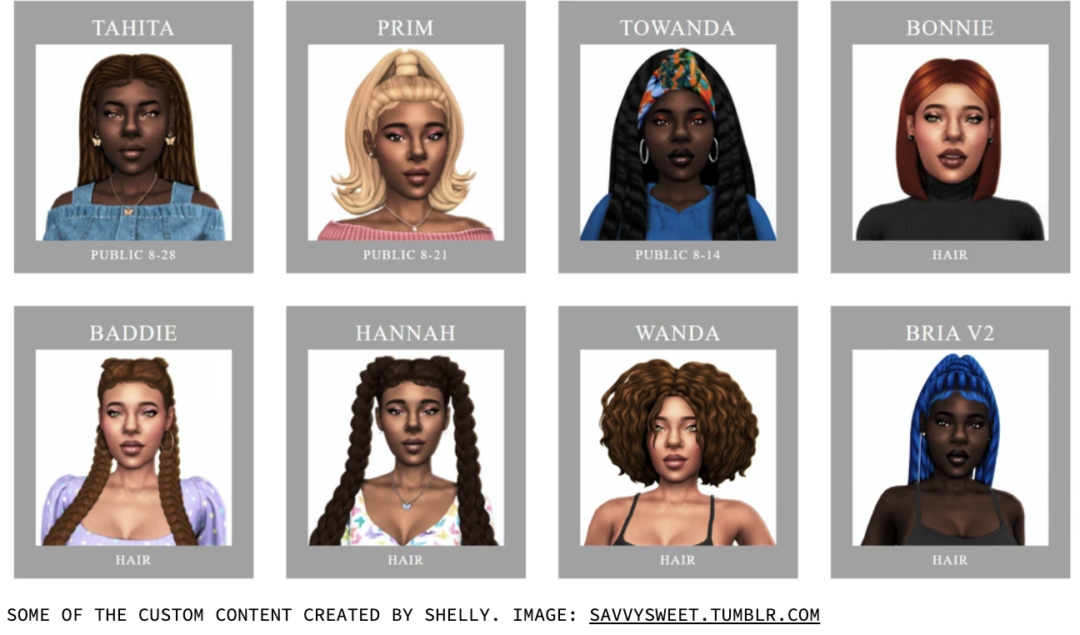Who Is Amira Virgil? The Techie That Helped Bring Black Culture To ‘The Sims’ Video Game

Amira Virgil, also known XMiramira, has spent years developing realistic skin tones and custom content for Black Simmers. But she was properly refinished for her work back in 2020 when she was named one of Vice’s Humans Of The Year.
Virgil played games in The Sims franchise for two decades, starting with console games like The Urbz and The Sims: Bustin’ Out, before playing The Sims 3, according to the outlet.
But it became increasingly frustrating for her when she couldn’t pick characters that looked like her. And she wasn’t the only one that had a big problem with it.
“Isn’t it weird that EA/The Sims posted all that stuff to BLM, but STILL POC can’t create themself in THEIR life simulation game without the help of [custom content]?” One player wrote on Twitter back in 2020. “Where’s the logic?”
Shelly, a fellow Black Simmer and custom content creator, also had issues with The Sims’ lack of effort and started a petition that went viral. It called on them to create change.
And while Virgil could have moaned, sent a few tweets in-directing Twitter, or worse – stopped playing the game entirely. She also decided to take action.
In August 2020, Virgil and other Black Simmers campaigned like Shelly to get Electronic Arts, the developer of The Sims, to listen to their concerns.
And it worked.
Electronic Arts committed to a substantial update to the game’s skin tones, which was released that same year, including changing the way makeup works in the game to make it more flattering to Sims with dark skin tones.
For Virgil – the absence of realistic skin tones was highlighted by the release of The Sims 4: Vampires, Virgil said, referring to a paid add-on for the game that added vampires, as well as goth-y accessories, clothing, and decor.
“[Simmers] weren’t able to tell a big difference between the darker vampire skin tone and the darker human skin tone,” she noted. “And that was when people were kind of like, ‘Oh no, these skin tones are really ashy and gray, and this is not good,” she told Vice.



